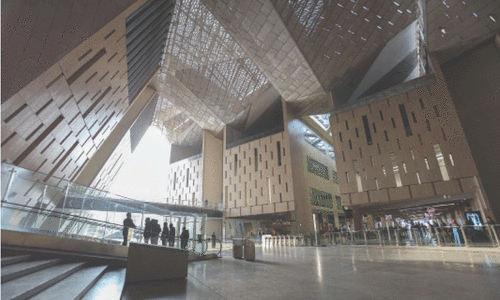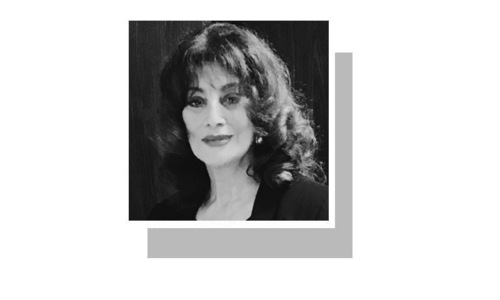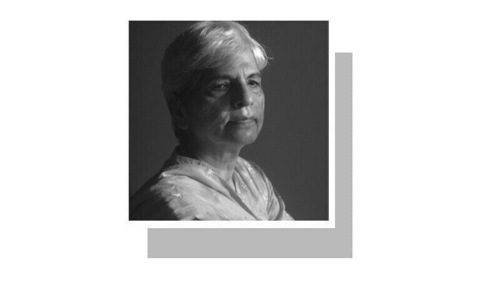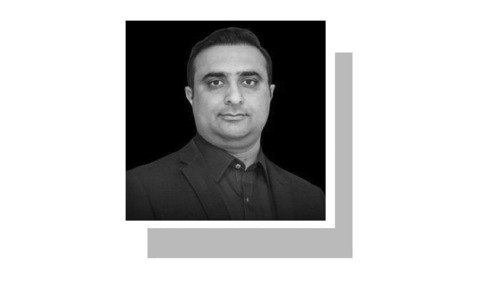Leading British Islamic groups have urged the government to consult Muslims over plans for combating extremism, warning that knee-jerk policies risk exacerbating the problem and damaging social cohesion.
The home affairs minister, Theresa May, has proposed a series of measures to address the radicalisation of Muslims, including new controls on the internet and the banning of groups preaching hate.
The Muslim Council of Britain (MCB)—which described the murder of Drummer Lee Rigby in Woolwich, south-east London, last week as “a horrific instance of extremism”—said that while a new and effective strategy was needed, it must not be rushed through at the expense of British Muslims or society at large.
“We hope wisdom prevails as we reflect on the response of these past few days and the missed opportunities of previous years,” it said in a statement on Sunday.
“We must be vigilant and ensure we do not inadvertently give into the demands of all extremists: making our society less free, divided and suspicious of each other. Lessons from the past indicate that policies and measures taken in haste can exacerbate extremism.”While it acknowledged there was another “difficult conversation” to be had about the role played in extremism by mosques and other religious institutions, the council said the immediate focus had to be on preventing future atrocities rather than “muddled” discussions about social conservatism or disagreements on foreign policy.
The MCB also argued that Muslims were not alone in the scrutiny they were receiving in the wake of the Woolwich killing: the media and the state security services also had questions to answer.
Not only had Muslims “declared loudly and clearly that this murder was not in our name”, said the MCB, the council had also spoken out against the former leader of banned Islamic group Al Muhajiroun, Anjem Choudary, for “stoking sectarian tension on the streets of Britain” and expressed exasperation that “his extremism is given a platform and airtime”.
In a pointed reference to concerns over what the security services knew about those suspected of killing Rigby, the council added: “Details of this murder and the motivation of the assailants are still emerging. Questions will no doubt be asked about how these individuals arrived at their most destructive point and why; worries will be expressed about how they slipped through the net of the security services while within their radar.” Calling for leadership in combating “the challenge of civic apathy” and increase political engagement, the MCB also reminded the government of its duty to fight the rightwing extremists.
“In the past 48 hours we have witnessed an upsurge in anti-Muslim hatred with targeted attacks on mosques and the Muslim individuals, not to mention the torrent of hateful abuse on social media,” it said.“Attitudes against Muslims have hardened. Any taskforce must examine extremism from all quarters.”
Mustafa Field, the director of the Mosques and Imams National Advisory Board, welcomed the prospect of greater government engagement with Muslims, but said any consultation would need to consider a wide range of factors.
“There’s very little evidence to indicate that mosques have been involved in radicalising individuals,” he said. “But the mosques are left to deradicalise them.”
The government, he suggested, would do well to look online and at universities.
“We know that there’s a lot of self-radicalisation taking place and there are many organised groups that are producing videos on the internet but there are also groups like Al Muhajiroun or Islam4UK who are constantly radicalising young people,” said Field.
“We are also having hate preachers walking into university campuses and there’s not enough work being done around that. We need to have more—and stronger—programmes to counter the ideologies and the messages that are being spread by extremists.”
Asked what he made of reports that the government was considering plans for mosque committees to be held to account for the choice of imams they make, he was unequivocal: “That would not be acceptable; the government doesn’t seem to have that engagement with any other faith group.”
Sughra Ahmed, a spokeswoman for the Islamic Society of Britain, said consultation between the Muslims, the government and the police was vital.
“We need much, much more communication right now,” she said. “It’s got to be open, it’s got to be honest, it’s got to be transparent—and it’s got to go both ways, not just the government being open but Muslim communities also. It’s got to be a collegiate effort and there’s got to be genuine collaboration.”
She added: “Extremism is something that affects us all within society, whether it’s the rightwing fascists or what we saw on Wednesday.”
By arrangement with the Guardian











































